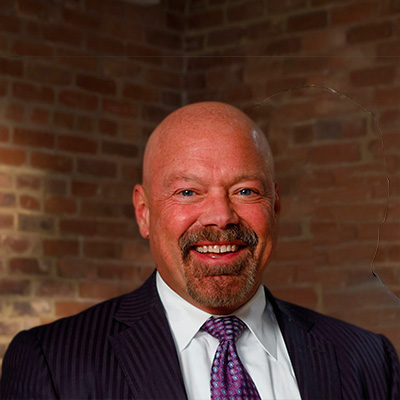I have been a medical malpractice attorney for 26 years. On many occasions, on meeting with a potential client, they have assured me that a new physician was critical in some way of a prior physician. Often, my potential client will think this proves medical malpractice. My response to this situation is always the same: No, it doesn’t mean that at all.
Medical malpractice has a legal definition. It is not enough to prove that a doctor made a mistake. It is not enough to prove that treatment ended with a bad, unexpected result. And it is not enough that another doctor (the new doctor) would have done things differently, or has some criticism of the prior doctor or the treatment provided by the prior doctor. None of these circumstances proves medical malpractice.
Medical malpractice occurs if – AND ONLY IF – a physician is unreasonable in some action or omission regarding the treatment of a patient. If the care is unreasonable, it is said to “breach the standard of care.” Virginia law defines the standard of care thus: “[T]he standard of care by which the acts or omissions are to be judged shall be that degree of skill and diligence practiced by a reasonably prudent practitioner in the field of practice or specialty in this Commonwealth…”[1]
I am often asked to explain how a mistake isn’t automatically a “breach in the standard of care,” when it is a mistake made by a doctor who has received so much education and training to provide good care. I respond that doctors are human. They are not perfect and the law does not require them to be. Sometimes, mistakes can be reasonable mistakes. Sometimes, they are unreasonable ones. Whether a mistake is a reasonable one or an unreasonable one is a matter of circumstances.
Consider this non-medical example demonstrating the reasonable mistake, versus the unreasonable one: You are driving a car in a strange area, trying to find your way to a location you have never visited before. You come to a “T” intersection. Should you turn right or left? You have no information to guide you, so you turn left. After driving a few miles, you realize you made a wrong turn. You reverse direction and ultimately reach your destination. On the other hand, suppose that when you reach that intersection, you have a GPS, previously printed Mapquest directions, and a passenger who is familiar with the trip, all telling you to turn right. Then you turn left, anyway. In both situations, you have made a mistake. The difference is that in the first scenario, the mistake was probably a reasonable one, but in the second scenario, the mistake was probably unreasonable.
So it is with medicine, and with medical malpractice law. If an injured patient can prove that her injury was caused by the doctor making the UNreasonable mistake – because enough information was available to prompt the correct action – then she has proven medical malpractice. But simply proving that the doctor made an error is not enough. The proof is in the circumstances.
Although there are certainly many instances where a doctor makes an unreasonable mistake, there are also many situations where the mistake is a reasonable one. Sometimes the mistake is clearly unreasonable, such has when a surgeon operates on the wrong limb or sews up a clamp or medical instrument inside a person when they operate on them. Most of the time, however, medical malpractice can only be determined by another physician who has reviewed all the records and discussed with the patient what happened.
About the Author: Mic McConnell is a Richmond medical malpractice attorney. With over 20 years of experience, Mic has handled challenging cases in almost every medical specialty. Mic was recently named Best Lawyers’ 2013 Richmond Medical Malpractice Law – Plaintiffs “Lawyer of the Year.”
[1] Virginia Code Section 8.01-581.20. The full text includes qualifications of expert witnesses and a reference to the “locality rule,” which is beyond the scope of this blog entry.





